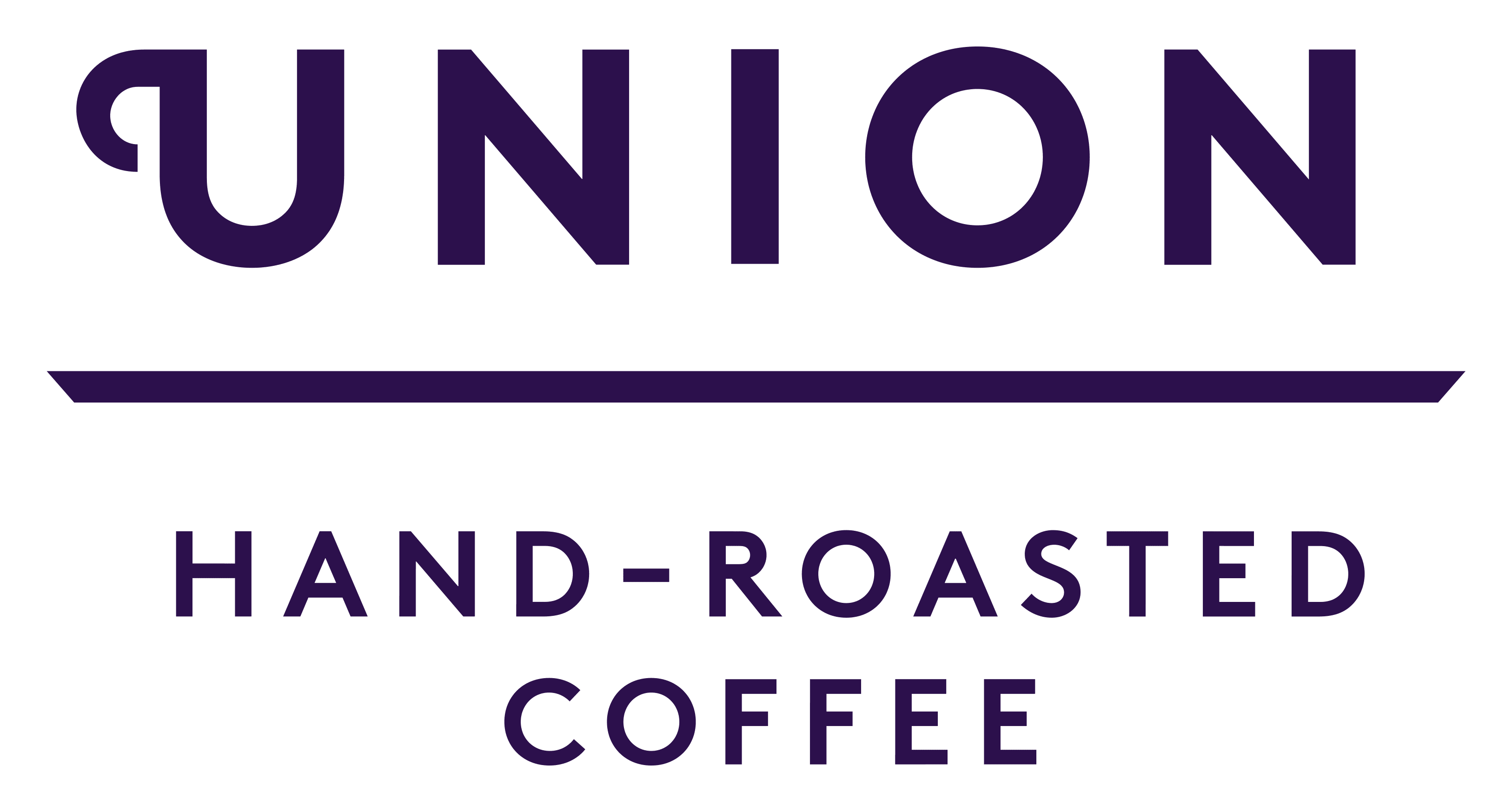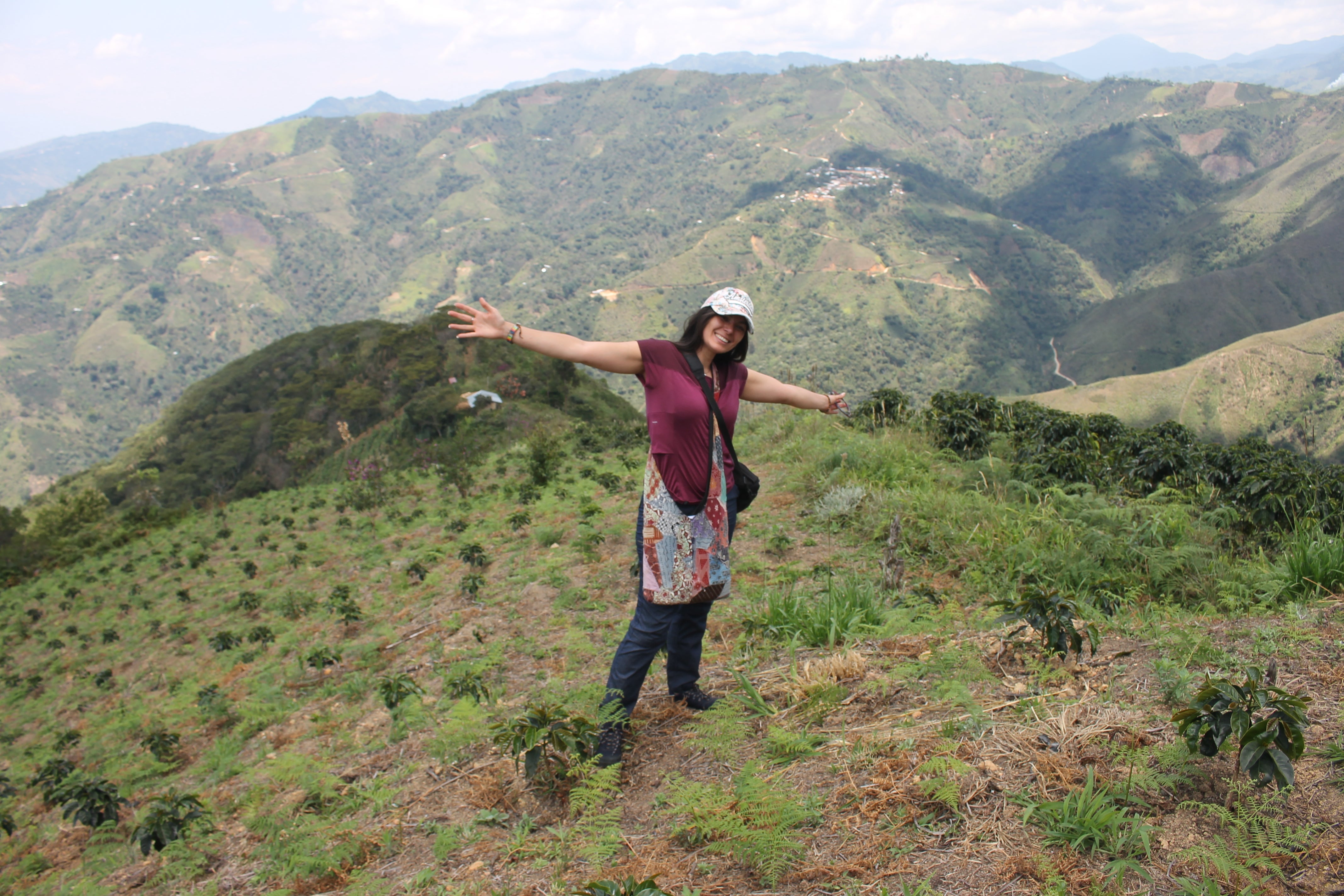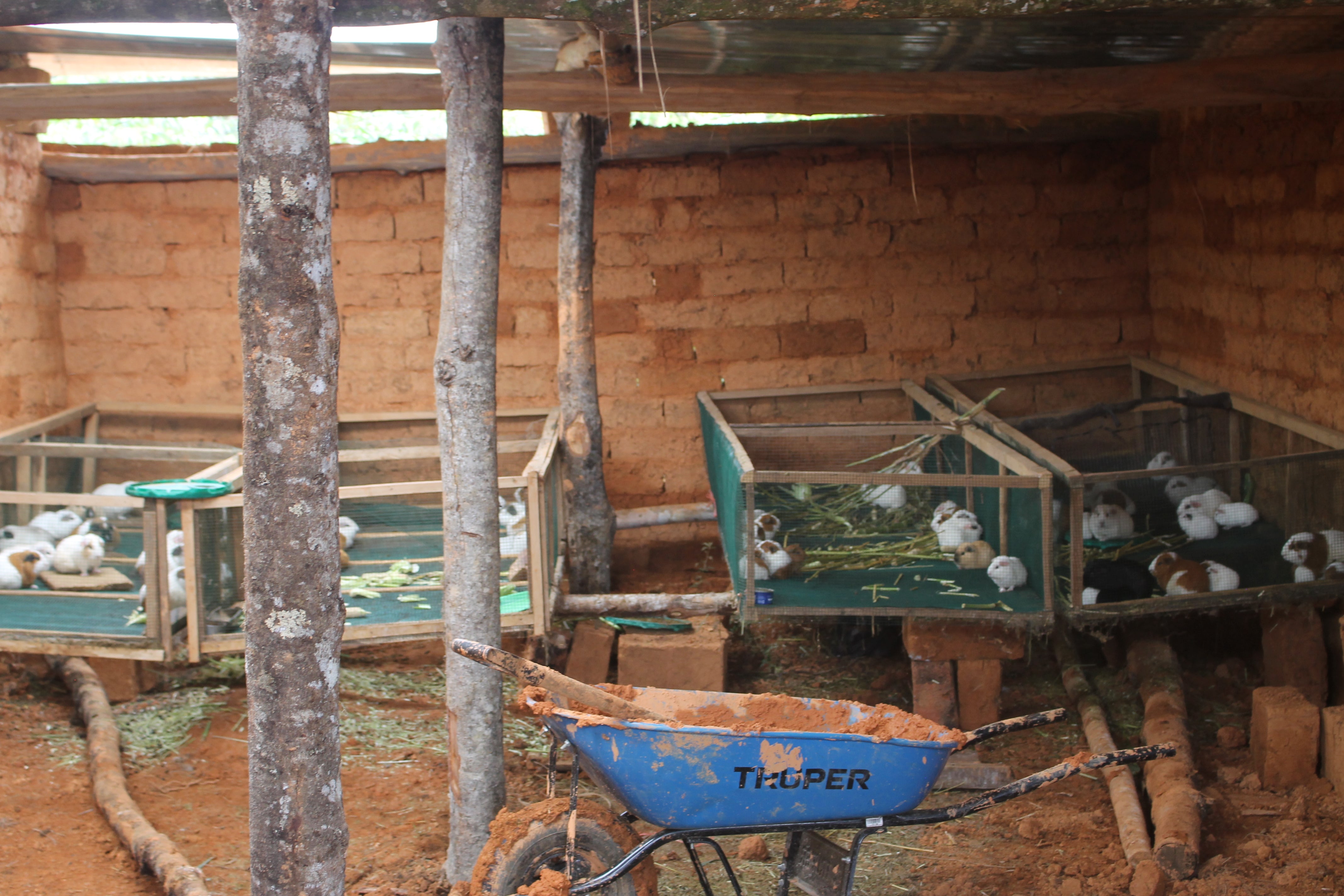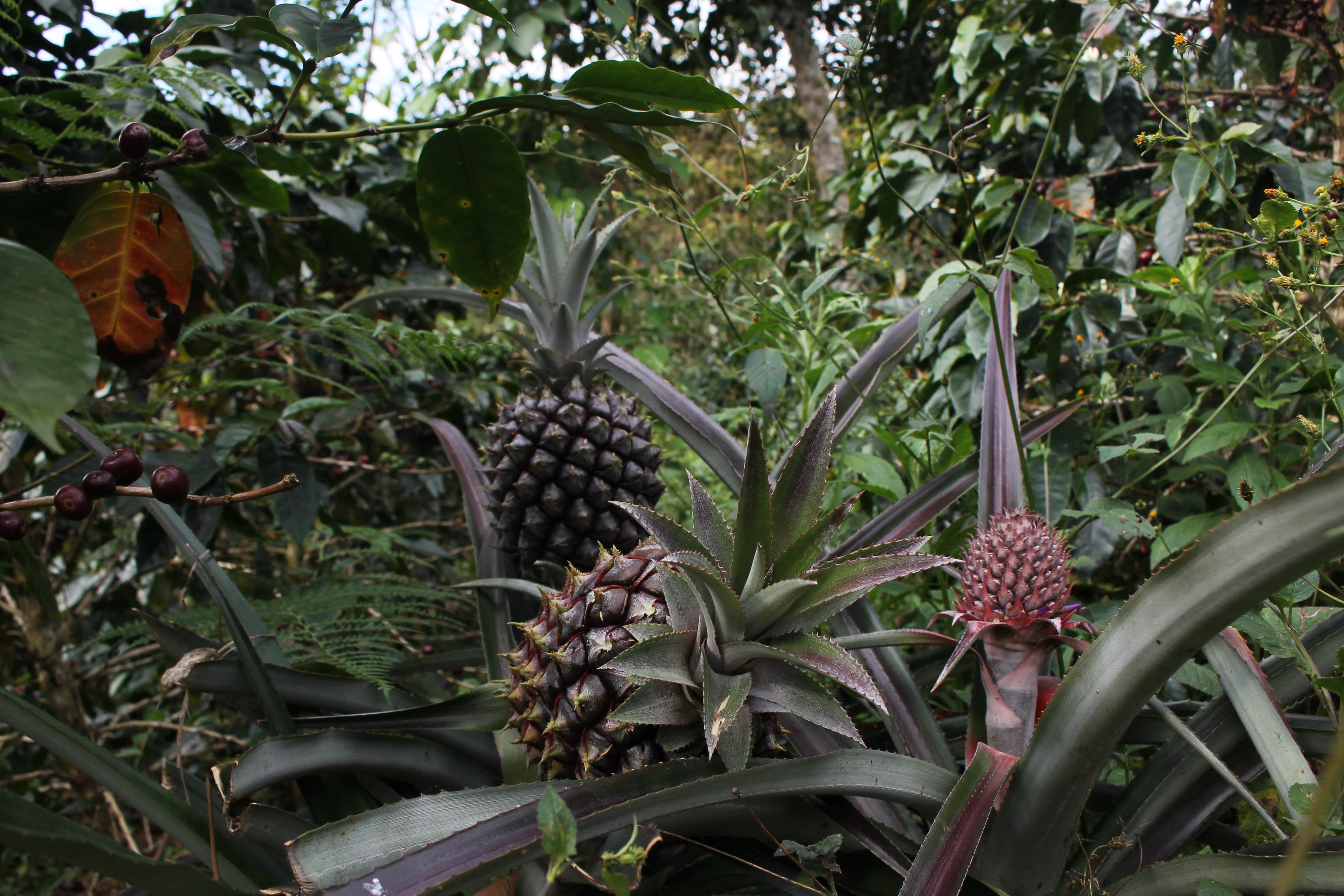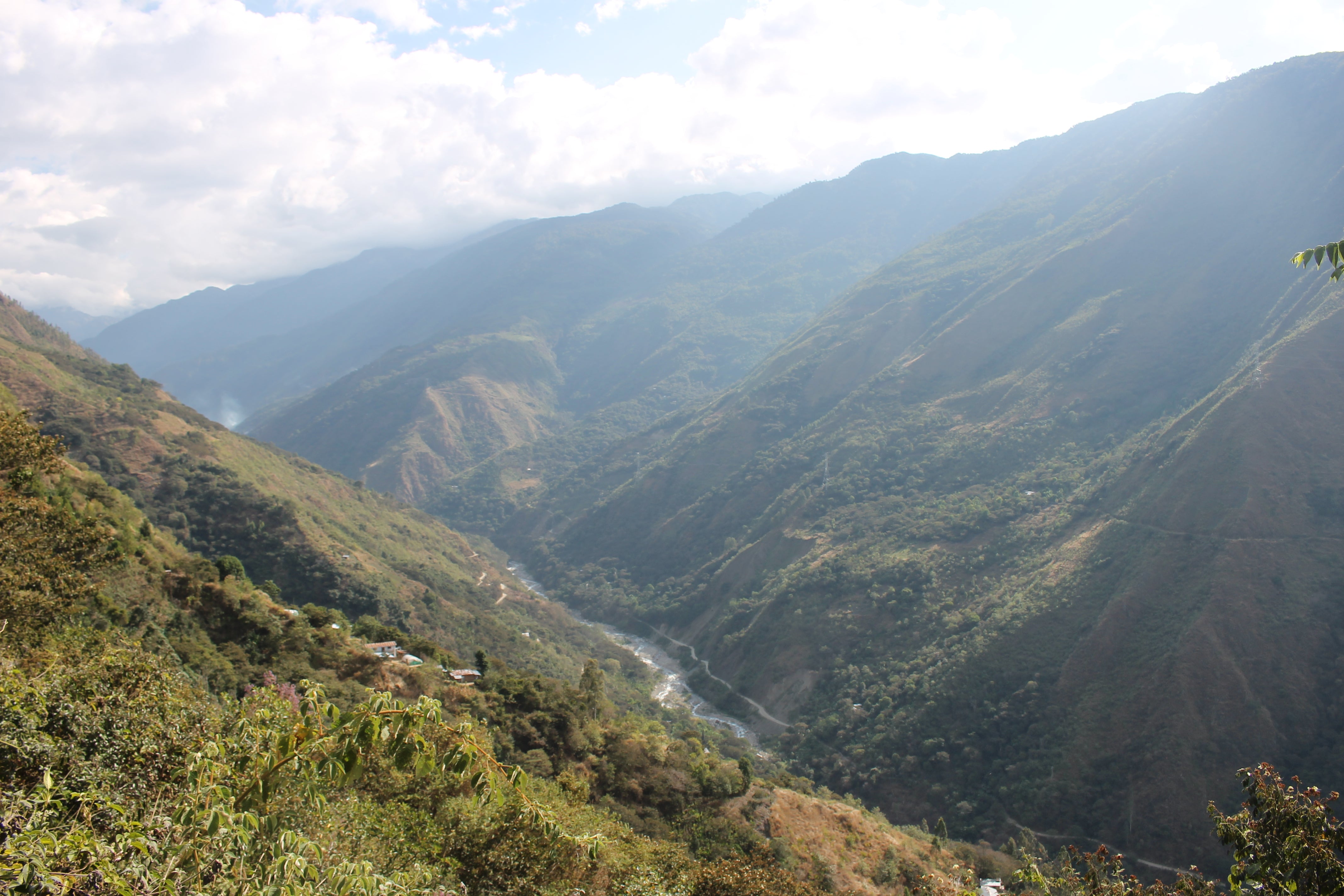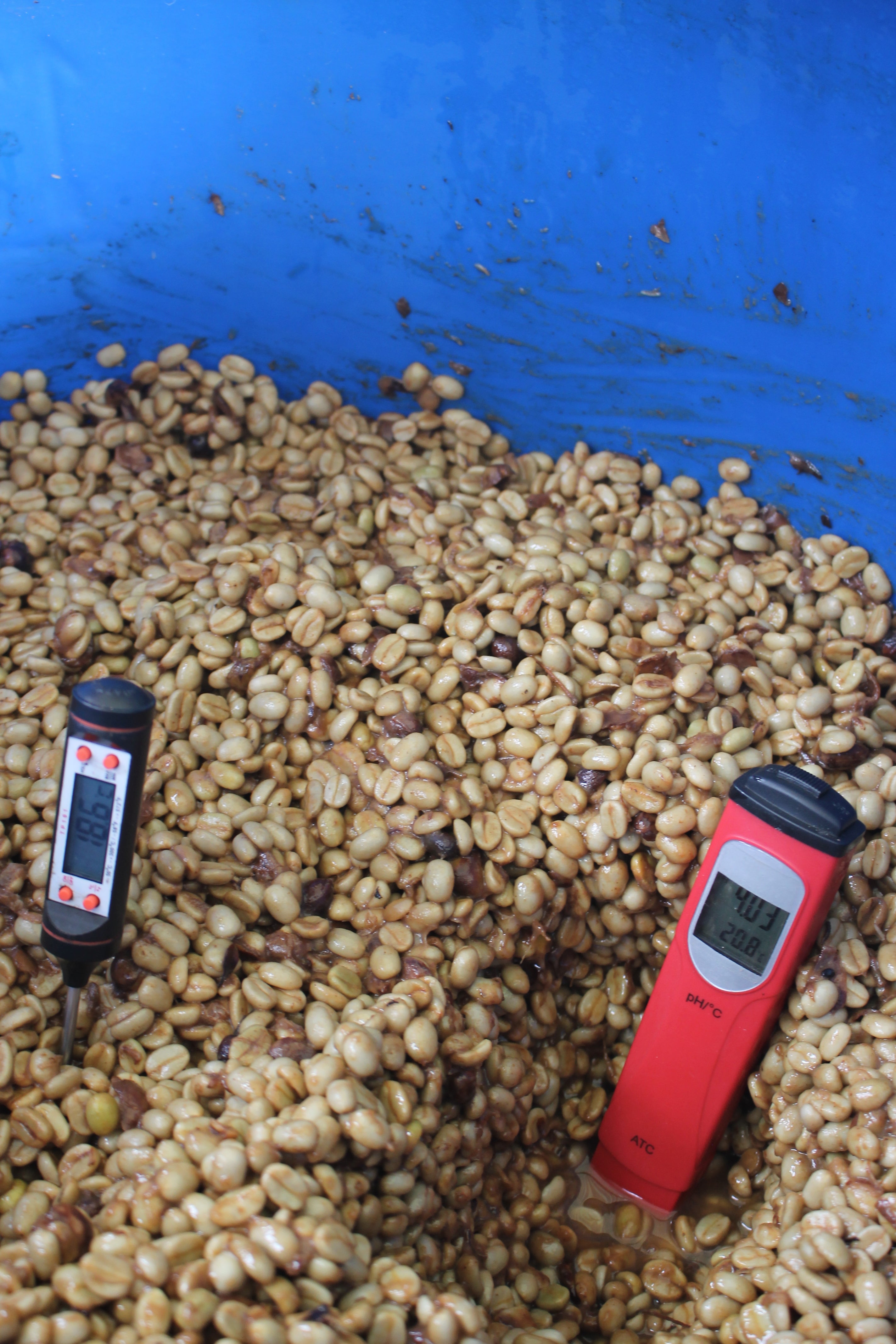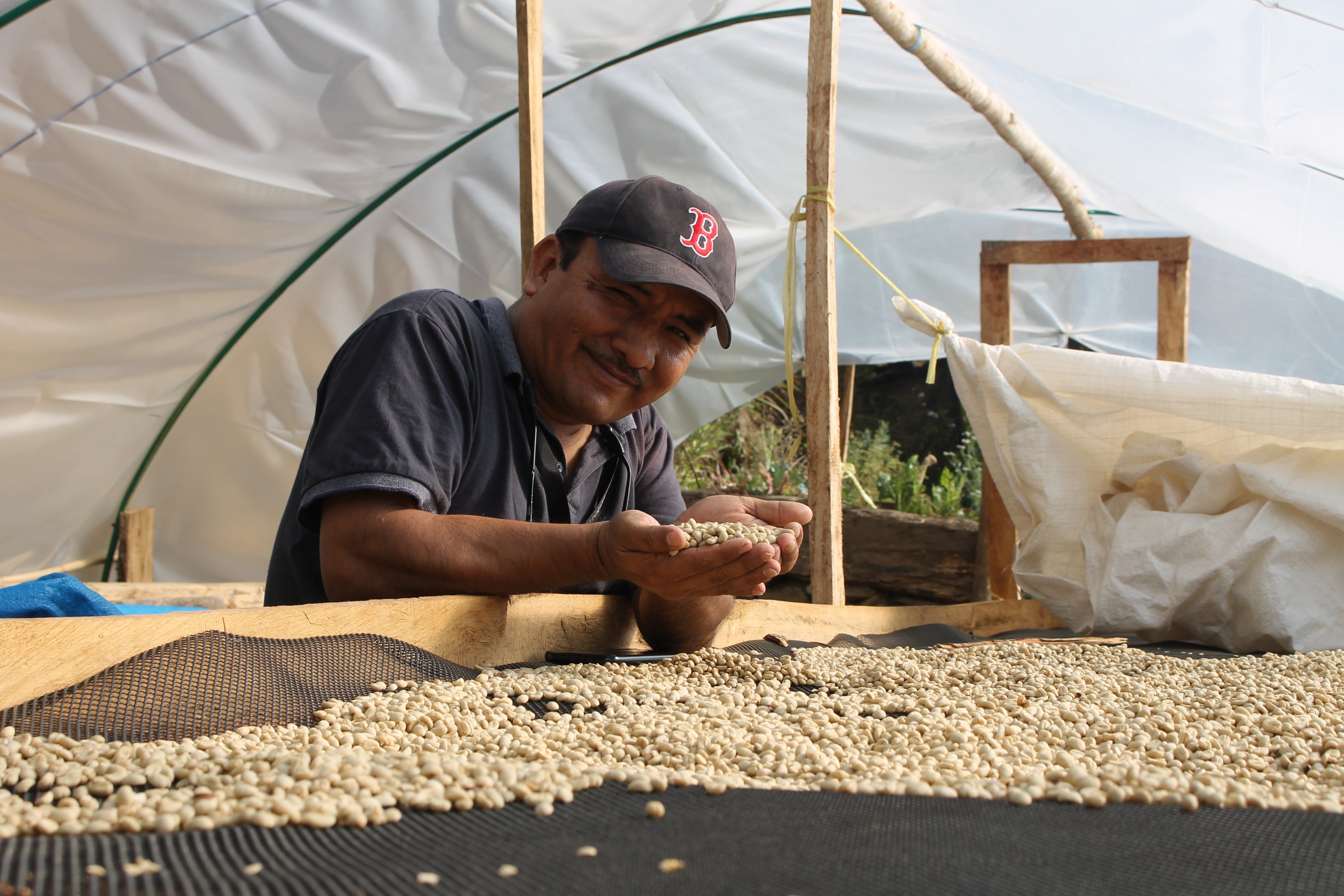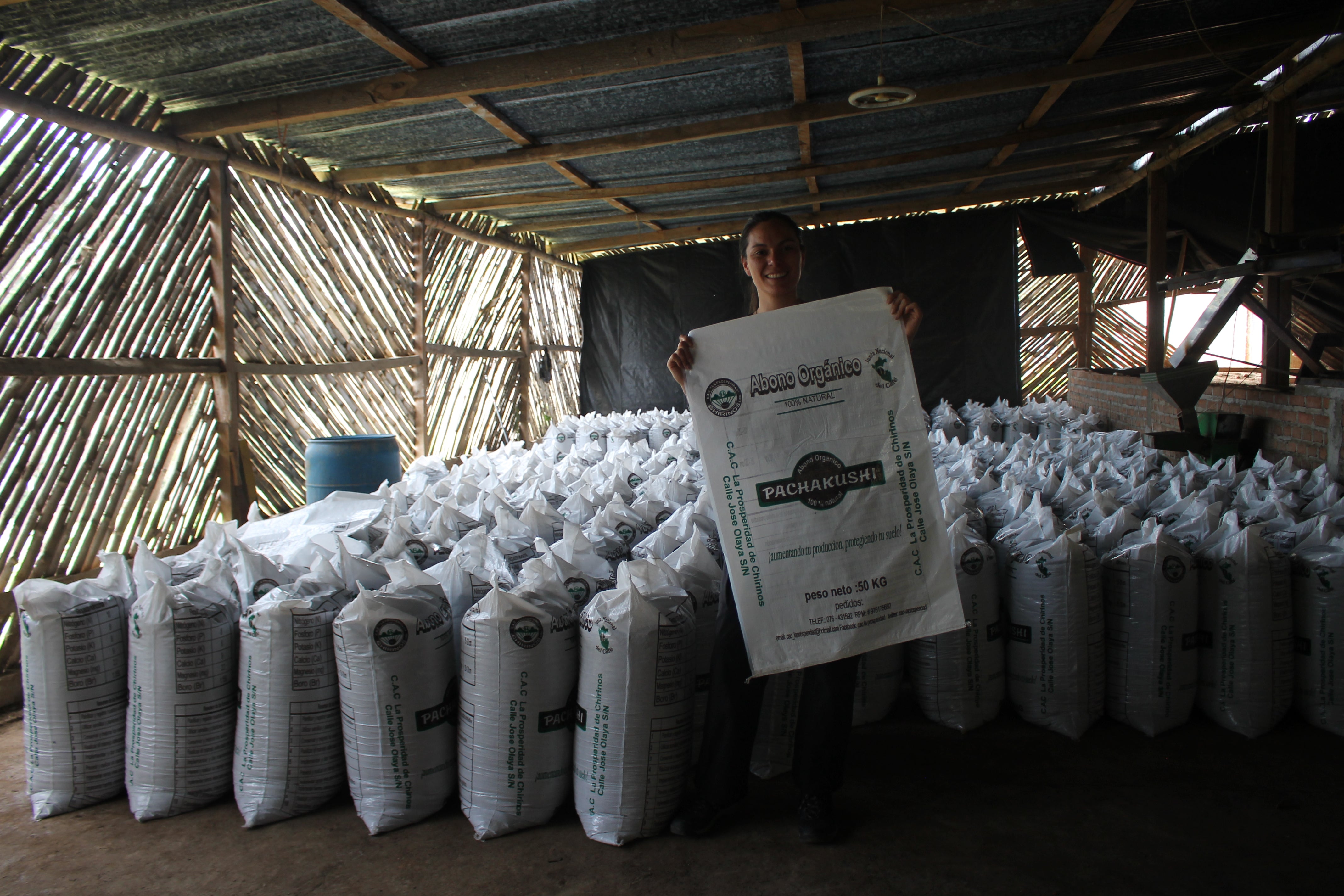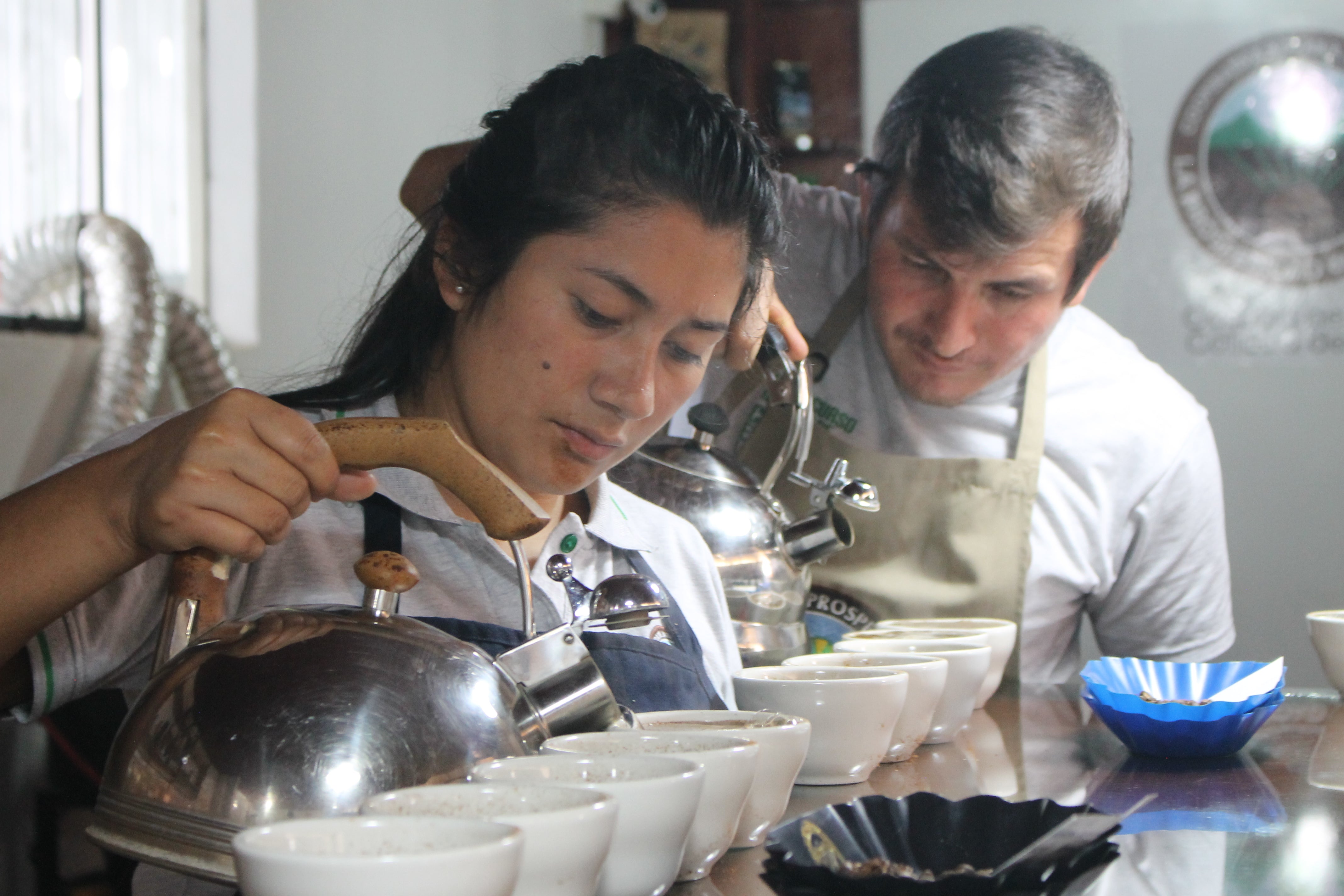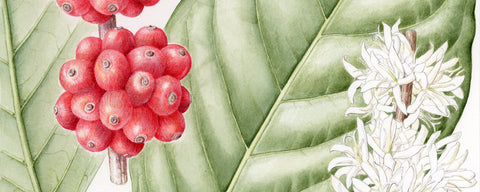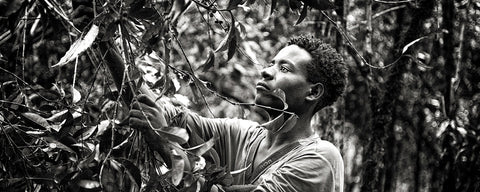Pascale, our Sustainable Sourcing Manager, is always on the move. This month, she visited our producer partners in Peru - home of Balcones Especial, Decaf Andes Mountain and important flavours to our House Roast and Organic Natural Spirit.
Sadly, the world coffee price has remained low throughout 2019, however, alongside her busy schedule of performing audits, visiting producers and much, much more - Pascale clocked something very exciting: inspiring and entrepreneurial ways that coffee producers are mitigating the effects of these low prices.
So, how exactly are coffee producers in Peru navigating the coffee price crisis? And how does speciality coffee play into it? Let’s take a look!
Diversifying
Traditionally producers mitigate risk by diversifying their produce. During her Peru trip, this is exactly what Pascale saw. One way of diversifying is through animal husbandry - the keeping of animals for their product. This usually includes owning and using chickens, pigs and sometimes cows.
In Peru, however, one of the most common kept-animals is the Cuy (guinea-pig). They might be a house pet back here in the UK, but they're praised for their deliciousness in the Peruvian household! They’re high in protein, easy to reproduce (as they mature sexually as young as two months old) and they feed on a simple and cheap diet of grass and kitchen waste.
As well as investing in animals, another common method of diversifying is planting and growing trees and plants. They not only can provide extra food for consumption, but can also be planted amongst coffee trees to provide shade.
Pascale spotted a number of delicious exotic fruit trees ranging from citrus fruits, avocado, banana, plantain and even pineapple trees!
Adding value
Coffee producers in the north of Peru, near the city of Jaen, have been able to mitigate the price crisis in a special way. The demand from private exporters for the excellent coffee from the region has been so heavy that the locals have dubbed the term “La Bolsa de Jaen” or “The Jaen Market” in English. This refers to the fact that the price for coffee in the region is now separate to the world coffee price, because of its high-quality and consequential higher-price.
This is good news for coffee producers in the region. Here are a few ways farmers have been focusing on the quality incentive:
(1) Improved farm management – which leads to improvements in quality and yield
(2) Improve harvest – harvest better, mature cherries (only limiting factor can be climate)
(3) Improved processing – naturals, honeys, anaerobic, maceration
(4) Product segmentation – single farm, woman’s coffee, youth coffee, carbon-neutral coffee, small farmers coffee, certification, exotic varieties
Processing experiments
Pascale witnessed different ways in which producers were experimenting with post-harvest processing. At Chirinos, farmers are experimenting with anaerobic processing - a method which involves placing coffee beans (with the cherry and mucilage removed) in oxygen-deprived fermentation tanks. The result, if done correctly, can be interesting and complex flavours. There are trade-offs with experimenting - it requires investment and can come with a lot of risks if it does not pull-off. Despite this, these methods have quicker results than planting new varieties of coffee which take three to four years to start producing.
At Huadquiña cooperative in Cuzco, Hebert explained to Pascale that many farmers have invested in drying modules. By having a “greenhouse” like structure coffee is protected from the rain.
Chirinos cooperative is also continuously investing in its organic fertilising plant.
Consumer interest and quality control
Another popular method used by coffee producers to add value to their coffee is by appealing to consumer’s interests such as women’s coffee, carbon-neutral coffee, youth coffee or coffee from an area or group. By doing so, consumers with particular interests can contribute to the cause. Enjoying coffee and supporting a chosen cause makes the coffee taste that even bit sweeter!
Producers are also investing in making your coffee even more delicious. They are training and employing the local youth to become coffee tasters (cuppers). This both helps increase the knowledge and expertise of coffee producers as well as helping include young people, often the children of farmers.
The dedication of the farmers is incredible - they are entrepreneurs. It's clear that access to speciality coffee can be an important tool for smallholders in earning a decent income. However, despite these innovations, farmers still need support on all levels, such as from NGOs, financial institutions and buyers etc. There is still a long way to go before we can say that coffee is a sustainable crop.
Coffee growers in Peru are dealing with the price-crisis and are trying to mitigate the effects by improving the quality of the coffee they grow. At Union, we try to support them where we can. By drinking a delicious Balcones Especial, Organic Natural Spirit, Decaf Andes Mountain and House Roast, you can help contribute to this speciality coffee movement!
Written by Pascale Schuit, Sustainable Sourcing Manager
October 2019
